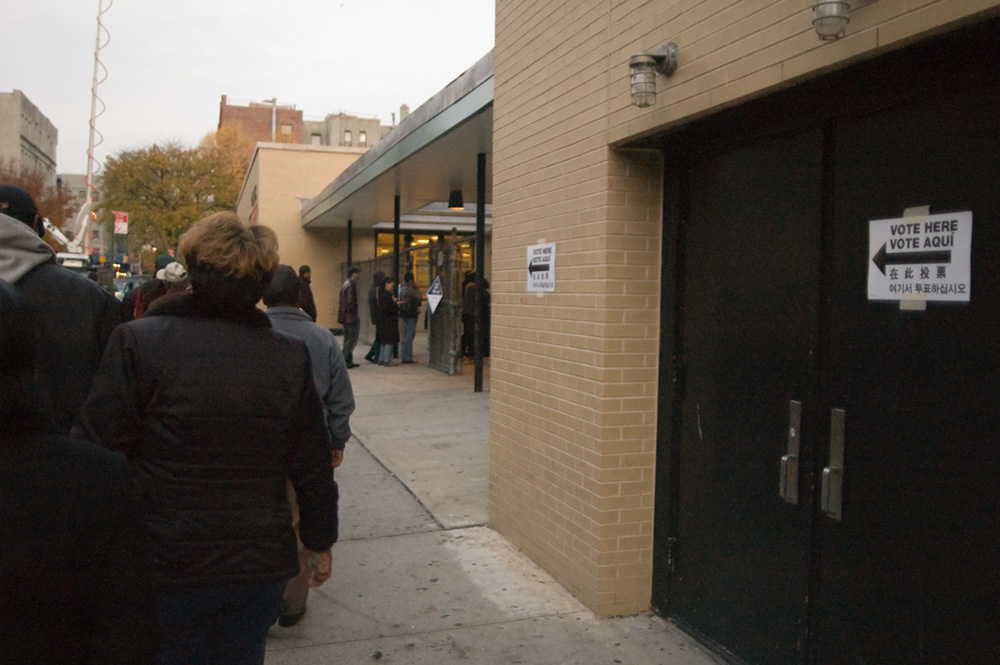| << Chapter < Page | Chapter >> Page > |

In describing a nation’s politics, it’s important to define the term. Some associate “politics” with power, others with freedom. Some with corruption, others with rhetoric. How do sociologists understand politics? To sociologists, politics is a means of studying a nation or group’s underlying social norms and values. A group’s political structure and practices provide insight into its distribution of power and wealth, as well as its larger philosophical and cultural beliefs. A cursory sociological analysis of U.S. politics might, for instance, suggest that Americans’ desire to promote equality and democracy on a theoretical level is at odds with the nation’s real-life capitalist orientation.
The famous phrase “by the people, for the people” is at the heart of American politics and sums up the most essential part of this nation’s political system: the notion that citizens willingly and freely elect representatives they believe will look out for their interests. Although many Americans take for granted the right of citizens to hold free elections, it is a vital foundation of any democracy. However, at the time the U.S. government was formed, African Americans and women were denied voting privileges. History details the struggles that each of these minority groups undertook to secure rights that had been granted to their white male counterparts. Nevertheless, their history (and the earlier history of the struggle for American independence from British rule) has failed to inspire some Americans to show up at the polls or even to register to vote.
Naturally, citizens must participate in the democratic process in order for their voices to be heard. Sociologists understand voting to be at the heart of the U.S. political process because it is a fundamental political behavior in a democracy. Problems with the democratic process, which include more than limited voter turnout, require us to more closely examine complex social issues.
Voter participation is essential to the success of the American political system. Although many Americans are quick to complain about laws and political leadership, roughly half of the population does not vote in any given election year (United States Elections Project 2010). Some years have seen even lower turnouts; in 2010, for instance, only 37.8 percent of the population participated in the electoral process (United States Elections Project 2011). Poor turnout can skew election results, particularly if one age or socioeconomic group is more diligent in its efforts to make it to the polls.

Notification Switch
Would you like to follow the 'Introduction to sociology & Social change' conversation and receive update notifications?